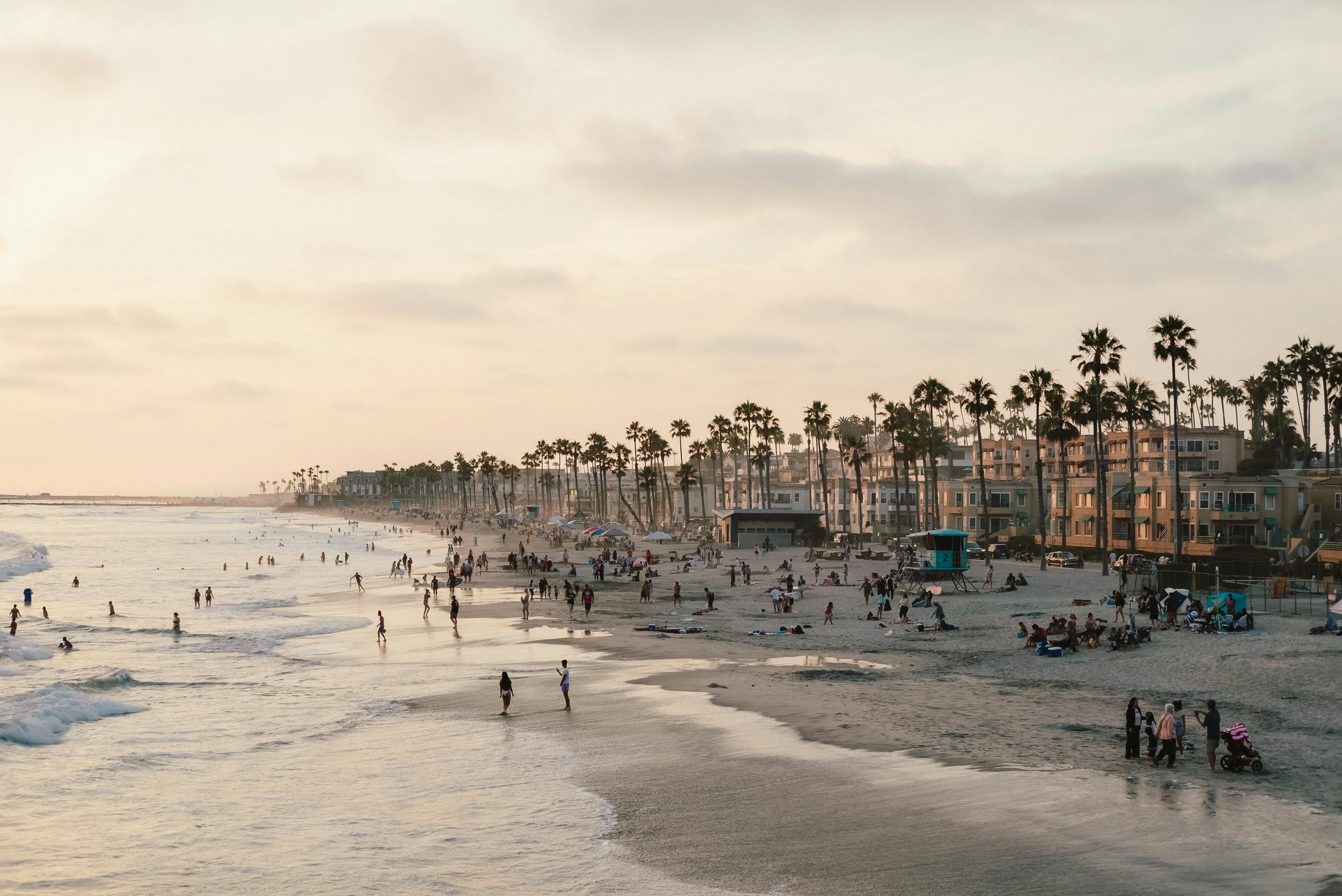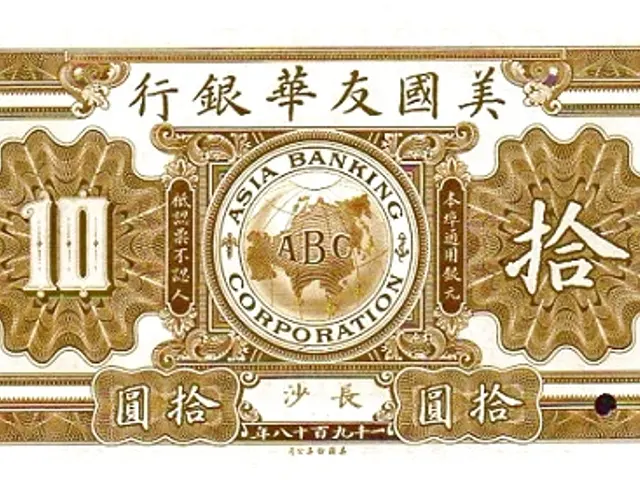Ex-GI Uwe Timm on the End of the War: "Then the Yanks stormed in"
"Military personnel, identified as GIs, approached and rapped on the door"
Uwe Timm, a 85-year-old German writer and historian, experienced World War II as a young boy in Hamburg. This period has been a recurring subject in his books, including explorations of post-war society and the nation's identity.
In his novel "The Discovery of Currywurst", Timm delves into the creation of a new culinary tradition. Here, he illustrates this by combining a traditional German sausage with the exotic spice of curry, symbolizing the blending of old and new. Similarly, in "Red", he focuses on the '68ers, a group of leftists who rejected nationalism and the glorification of the Third Reich. In "At the Example of My Brother", he endeavors to comprehend why his older brother chose to join the Waffen-SS and perished in battle. Lastly, in "Ikarien", he recounts the events of May 1945. In an interview with ntv.de, Timm recalls his memories of bombing campaigns and liberation, and shares his thoughts on modern-day political debates revolving around war readiness.
ntv.de: Mr. Timm, you were a child during World War II in Hamburg. What do you recall?
Uwe Timm: One of my earliest distinct memories is being in a pram, bathed in wet towels, and pushed through the Osterstraße. Both sides were engulfed in flames. Those raging infernos, fueled by burning curtain fragments, were something I remember vividly. Another memory involves not being allowed to look at the street because dead bodies were scattered there.
Your family's apartment was destroyed by a bombing raid in 1943.
My father, who incidentally was away on vacation serving in the Luftwaffe, could estimate the scale of the attack from radio broadcasts. He managed to rescue people from their homes rather early. Sadly, a firebomb fell on our house, causing an immediate blaze. Personal belongings were hastily gathered, though only a table and a few porcelain figurines were salvaged. A chilling memory is hunkering down in the cellar; the atmosphere there was oppressive, as adults were often frightened.
What do you remember about the end of the war?
The end came in Coburg, where we had evacuated due to relatives living there. German soldiers were still digging trenches along the Itz River prior to surrender. I remember tripping into one of those trenches and being unable to extract myself until a soldier found me and helped me out. The Americans overpowered the defense, swiftly moving their tanks to push aside a circus wagon filled with boulders set as a barricade on the bridge. Gunfire was exchanged, but suddenly the American soldiers were present. Adorning their uniforms were the striking Black Panthers Brigade.
Had you ever encountered a black person before?
No, encounters with blacks were unprecedented. I recall initial fear and confusion due to propaganda. The soldiers demonstrated remarkable etiquette, and the women were equally respectful. Then the GI's burst into homes, thundering at the doors. American troops rummaged through the house upstairs, uncovering the abandoned uniforms of deserting soldiers. Fury ensued, as they interrogated the household regarding the whereabouts of remaining soldiers. Later, I witnessed adults burying Hitler photographs in the garden. Suddenly, it was forbidden to utter "Heil Hitler" and snap heels.
How did the populace view the Americans during that period?
The population, particularly men, who had once prided themselves on aggression, now shrunk in intimidation and whispered, "Iknew nothing" or "We had nothing to do with it." Authoritarian figures like local NSDAP leader Feigtmeier were reduced to street cleaners, earning negligible public respect. Women, who had learned to nimbly navigate professions, assumed commanding roles in families.
The term "Zero Hour" is commonly associated with this period. What do you make of it?
The "Zero Hour" may be debatable, as it doesn't entirely denote a clean slate. West Germany witnessed a restoration of power structures, granting individuals possessing assets to rebuild their businesses. Denazification was relaxed, fostered by a growing fear of communism and the escalating East-West conflict. Eventually, former judges who carried out sentences during the Nazi era were reinstated.
In May 1945, the nation was in a state of transition. What does it resemble?
The weather during these transitional days was gorgeous, a welcome respite in the midst of strife. Many individuals were fleeing, afraid of the uncertainty. The old order was not wholly absent, and the new one had yet to take root.
ntv.de: Mr. Timm, are you concerned about becoming more war-ready?
I am deeply alarmed by these proposals. The overarching goal has always been to seek peace. It's complex indeed; however, it's unbelievable that, following years of financial strain, we're now committing half a trillion euros to defense. Frank-Walter Steinmeier received a reprimand for such spending.
"Never again war" has long been a guiding principle for the Federal Republic, but now it seems legitimate to wage a war for freedom.
I understand those who wish to protect their country against an aggressor, such as the Poles against the Germans or the Swiss against potential invaders. Likewise, the courageous Ukrainians resisting the Russian invasion. However, the question remains: Whose freedom are we safeguarding? Freedom for the affluent with luxury homes on the French Riviera? Society must be just and extend equal protection to all, not just privileged members.
Uwe Timm, in his novel "The Discovery of Currywurst," blends old and new traditions just as he did during the post-war era in Germany, symbolizing the mixture of tradition and modernity. In the interview with ntv.de, he recalls the arrival of the American troops, noting the presence of the Black Panthers Brigade, a sight he had never before encountered. During the end of the war, he remembers fear and confusion due to propaganda, but also the etiquette shown by the American soldiers.
In the aftermath of World War II, the nation found itself in a state of transition, with the old order not completely vanished and the new one yet to take root. Uwe Timm expresses concerns about becoming more war-ready, suggesting that the pursuit of peace should remain the primary goal. He questions whose freedom is being safeguarded, arguing for a just society that extends equal protection to all, not just the privileged few.








